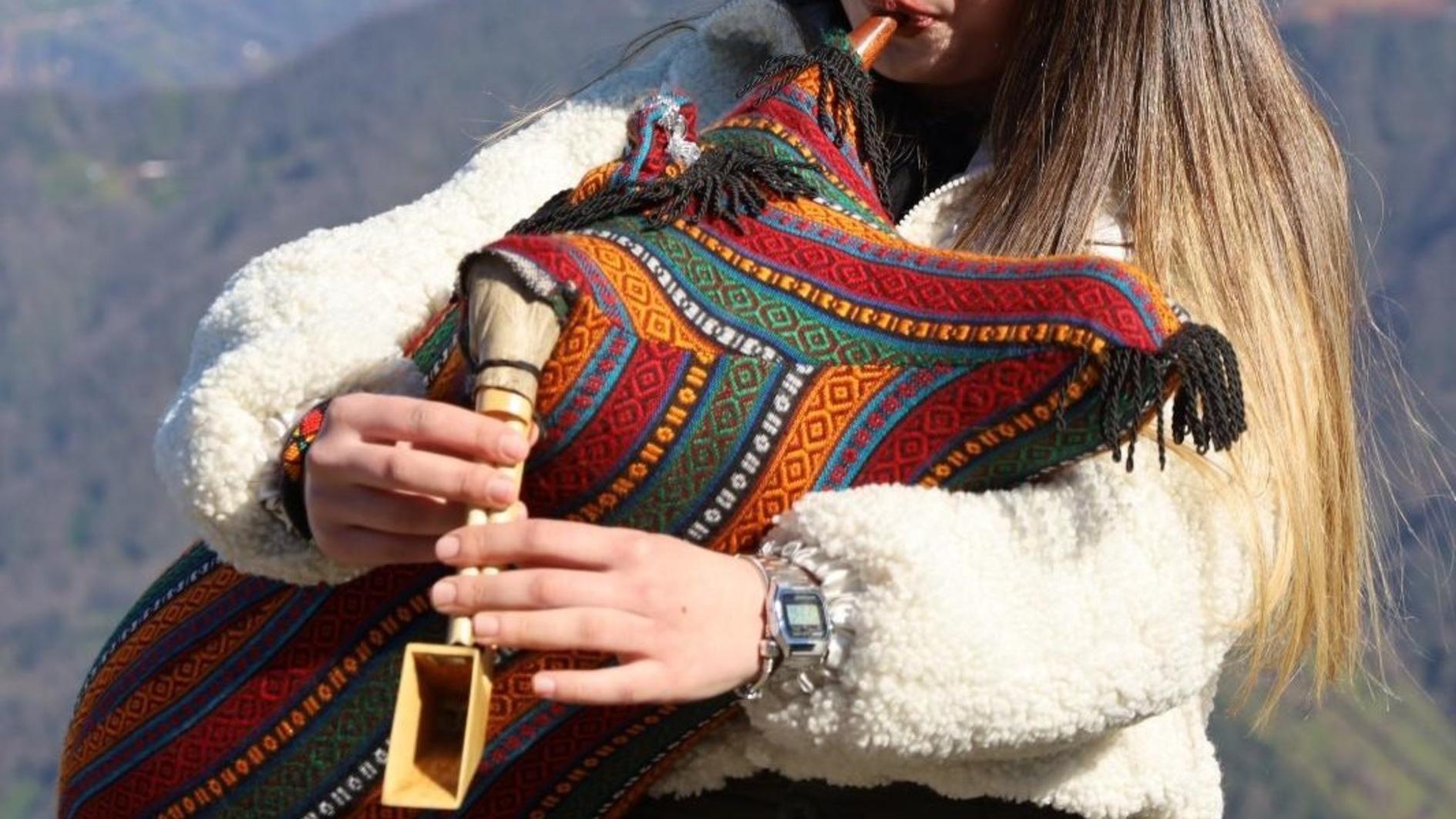UNESCO recognizes traditional ‘tulum’ making, performance
ANKARA

Türkiye's cultural heritage shines globally as traditional "tulum" making and performance is added to UNESCO's Intangible Cultural Heritage list, thanks to a historic collaboration with North Macedonia, the Turkish culture minister has announced.
The tulum, also known as gayda, is a traditional woodwind instrument that holds a special place in the folk culture of Türkiye’s Black Sea region and parts of North Macedonia. Made from goat or sheep skin, the tulum produces a distinctive sound that is central to regional dances and celebrations.
“Our culture continues to grow in UNESCO. We received another piece of good news during the 19th UNESCO Intangible Cultural Heritage Committee Meeting held in Asuncion, Paraguay. Our ‘Traditional Tulum-Making and Performance’ file, prepared with North Macedonia, has been registered," Mehmet Nuri Ersoy said in a statement shared on social media.
With the latest addition, the number of Türkiye’s intangible cultural heritage items recognized by UNESCO has risen to 31.
Ersoy emphasized the significance of the milestone, noting that Türkiye now ranks as the second country with the highest number of items on UNESCO’s list.
“I congratulate everyone who contributed to this success and thank all our citizens who continue to protect our cultural heritage,” Ersoy said.
The announcement comes alongside other heritage additions, including Japan’s traditional sake brewing techniques, the zinc roof restorers of Paris and Slovak naïve paintings in Serbia, a vibrant folk art tradition.
















